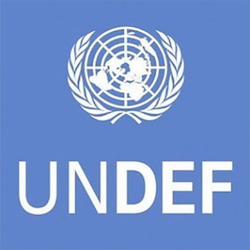Michael Pal, University of Toronto – Faculty of Law; Mowat Centre for Policy Innovation
November 16, 2012
(2012) 38(1) Queen’s Law Journal 259
Abstract:
Recent experiments with deliberative democracy in British Columbia and Ontario have brought new life to the debate over electoral reform in Canada and have called into question the roles of the judiciary and the legislature on electoral law. In both provinces, Citizens’ Assemblies composed of randomly selected members were tasked with deliberating on electoral reform and bringing their recommendations to the electorate in a subsequent referendum. These Assemblies were lauded as innovative alternatives to the conventional legislative decision-making process.
The author examines the potential and the limitations of the Assemblies, by situating the Citizens’ Assembly model within broader discussions about the law of democracy. Specifically, the article explores how well the Assemblies in British Columbia and Ontario insulated electoral reform from manipulation by elected representatives. Although he concludes that those Assemblies were less successful at keeping politics out of the process than many have suggested, he argues that the model nevertheless makes a valuable contribution to the ongoing debate between structural theory and rights theory regarding election law and the right to vote. In light of the fact that both sides of the debate are dissatisfied with the Supreme Court of Canada’s section 3 jurisprudence, there are good reasons for both structural theorists and rights theorists to support the continued use of Citizens’ Assemblies on issues of electoral reform. The author concludes by offering recommendations for improving the Citizens’ Assembly process in the future.

